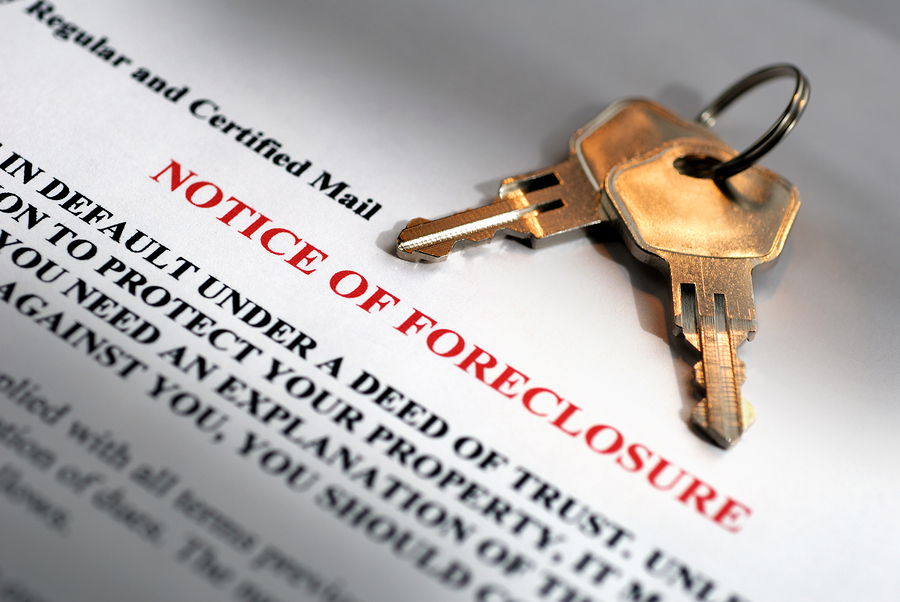Crazy Bankruptcy Ideas: Paying Down Your Debts Actually Works
If the prospect of losing everything you own to a liquidation action by the court id too much to bear, there is another option available. Chapter 13 bankruptcy provides a path to retaining possession of your assets, even real property still in repayment, but it’s going to cost you. Meeting all the requirements (businesses can’t file for this protection) can be just as much as a balancing act as Chapter 7, but our Philadelphia bankruptcy lawyers advise it because the rewards are much greater, if you stand to lose a large amount of personal assets.

Providing Proof of Income to the Court
This form of bankruptcy protection rests on your ability to prove you possess sufficient disposable income to adhere to a proposed repayment plan. Hint: the court considers any income you have as ‘disposable’ for these purposes. You can draw from working income, Social Security payments, spousal support, royalties, rents, and worker’s compensation (among others) to convince the court that you’ll have the necessary finances to pay your creditors.
The repayment plan is the most crucial element of this filing. While no formula is standard throughout the states, many courts have adopted their own procedures for presenting your documentation. As your attorneys, we guide you through this process and assist in determining what income goes to what creditors. Your legal team also advises you on debt hierarchy, that is which creditors receive payment first by law before others get a share. For example, the court won’t usually allow you to make larger payments to unsecured creditors like credit card companies and make smaller payments to secured creditors like a bank holding your mortgage.
How Much Debt Do You Have?
Your total debt factors into the court’s decision to allow you to enter into bankruptcy protection of this type. In essence, the court needs to be certain that your repayment plan and income can actually make a dent in your total debt and make substantive payments to creditors. Secured debt cannot exceed $1,149,525 for you to be eligible for filing for personal restructuring. In addition, your unsecured debts cannot exceed $383,175.
If your debt is too high, the court may convert your claim into a Chapter 7 filing, which requires auctioning off unprotected assets. In the event that occurs, we can assist you in maximizing your allowances under your state’s law to retain as much value in regards to your assets as possible.

File All Income Tax Returns
Behind on your tax filings? The court won’t hear your case until you’re current in filing federal and state income tax obligations and paid outstanding balances, if any. The court requires your income tax documentation for the previous four years from the date you file for bankruptcy. If you cannot present them, the court dismisses your case leaving you at the relative mercy of your creditors.
On the verge of losing everything to unmanageable debt? Call our PA bankruptcy offices at 215-701-6519 or our NJ offices at 609-755-3115 to schedule your free initial consultation. This is your one shot to get it right.





























